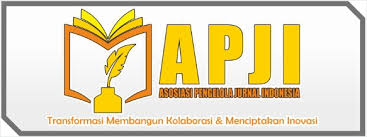Microlearning in Higher Education: A Strategy for Continuous Learning
DOI:
https://doi.org/10.70610/edujavare.v3i1.37Keywords:
Continuous Learning, Digital Pedagogy, Higher Education, MicrolearningAbstract
In the face of rapid technological change and evolving learner needs, higher education is challenged to adopt more flexible and student-centered learning strategies. Microlearning characterized by short, focused learning segments has emerged as a promising approach to support continuous learning among university students. This study aims to investigate the role of microlearning in fostering self-regulated and lifelong learning habits in higher education. Employing a qualitative research design, the study was conducted at two universities in Indonesia from September 2024 to January 2025. Data were gathered through semi-structured interviews, focus group discussions, and document analysis involving 10 lecturers and 20 students who had engaged with microlearning modules. Thematic analysis revealed that microlearning promotes learner autonomy, engagement, and knowledge retention, particularly when integrated meaningfully into the curriculum. However, challenges were identified, including disparities in digital literacy, limited institutional support, and difficulties aligning microlearning with conventional academic structures. The study concludes that while microlearning is not a standalone solution, it holds significant potential as a complementary instructional strategy that supports the development of continuous learning cultures in higher education. This research contributes to the growing body of knowledge on digital pedagogy by offering practical insights for educators and institutions seeking to modernize teaching practices in response to the demands of 21st-century learners.
Downloads
Published
How to Cite
Issue
Section
License
Copyright (c) 2025 EDUJAVARE: International Journal of Educational Research

This work is licensed under a Creative Commons Attribution-NonCommercial-ShareAlike 4.0 International License.
License: CC BY-SA 4.0 (Creative Commons Attribution-ShareAlike 4.0 International License)









